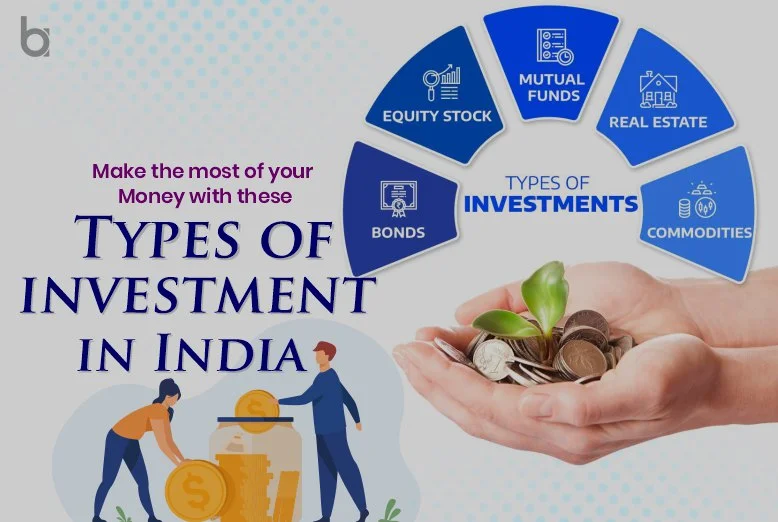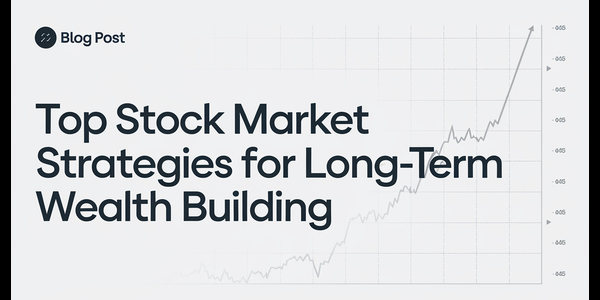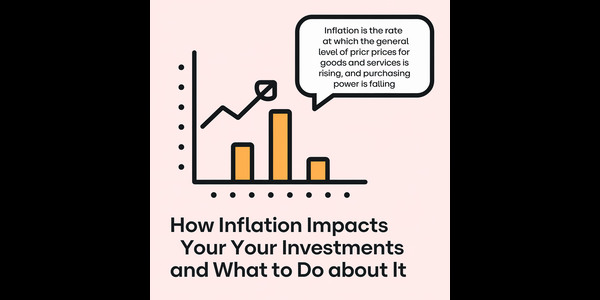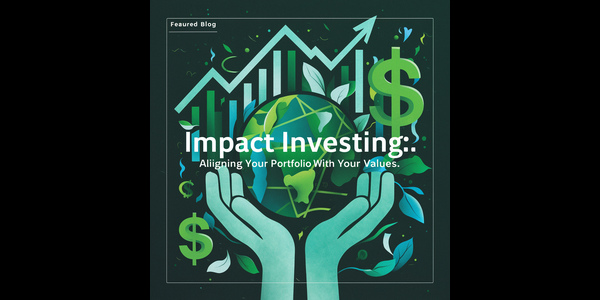Inflation, the rise in prices of goods and services over time, can erode the purchasing power of your money and impact your investments. As an investor in India, understanding how inflation affects various asset classes and adopting strategies to mitigate its impact is crucial for protecting and growing your wealth. In this blog post, we will explore the impact of inflation on different investments and provide strategies for Indian investors to navigate an inflationary environment in 2024.
Understanding Inflation and Its Impact
What is Inflation? Inflation is the rate at which the general level of prices for goods and services rises, leading to a decrease in the purchasing power of money. It is measured by the Consumer Price Index (CPI) in India.
Impact of Inflation on Investments:
- Reduced Purchasing Power: Inflation decreases the real value of money, meaning your investments must generate higher returns to maintain purchasing power.
- Interest Rates: Central banks may raise interest rates to control inflation, affecting bond prices and borrowing costs.
- Market Volatility: Inflation can lead to uncertainty and volatility in financial markets, impacting stock prices and investor sentiment.
Strategies to Protect Your Investments from Inflation
1. Invest in Equities
Equities, or stocks, have historically outperformed inflation over the long term. Companies can pass on increased costs to consumers, helping maintain their profitability during inflationary periods.
- Bluechip Stocks: Invest in well-established companies with strong market positions.
- Sector Selection: Focus on sectors that tend to perform well during inflation, such as consumer staples, healthcare, and energy.
2. Consider Real Estate
Real estate is a tangible asset that often appreciates in value over time, providing a hedge against inflation. Rental income can also increase with inflation, offering a steady income stream.
- Residential Properties: Invest in high-demand areas with potential for capital appreciation.
- REITs: Real Estate Investment Trusts (REITs) offer exposure to real estate without the need to manage properties directly.
3. Allocate to Gold
Gold has been a traditional hedge against inflation, retaining its value when fiat currencies decline. It provides diversification and stability to an investment portfolio.
- Physical Gold: Invest in gold bars, coins, or jewelry.
- Gold ETFs: Exchange-Traded Funds (ETFs) offer a convenient way to invest in gold without physical storage concerns.
4. Diversify with Bonds
Bonds can provide a steady income, but their value may decline with rising interest rates. However, certain types of bonds can offer protection against inflation.
- Inflation-Indexed Bonds: These bonds adjust their interest payments based on inflation rates, helping preserve purchasing power.
- Short-Term Bonds: Less sensitive to interest rate changes, making them a safer choice during inflation.
5. Explore Alternative Investments
Alternative investments such as commodities, private equity, and hedge funds can offer additional diversification and potential inflation protection.
- Commodities: Invest in commodities like oil, metals, and agricultural products that often rise with inflation.
- Private Equity: Offers access to high-growth companies and diversification outside traditional markets.
Practical Tips for Inflation-Proofing Your Portfolio
Review and Rebalance Regularly:
- Regularly review your investment portfolio to ensure it aligns with your financial goals and risk tolerance.
- Rebalance your portfolio periodically to maintain your desired asset allocation.
Focus on Quality Investments:
- Invest in high-quality assets with strong fundamentals and growth potential.
- Avoid speculative investments that may not perform well during inflationary periods.
Consider Professional Advice:
- Consult with a financial advisor to tailor an investment strategy suited to your specific needs and risk tolerance.
- Stay informed about economic trends and adjust your investment strategy accordingly.
Conclusion
Inflation can pose significant challenges to your investment portfolio, but with the right strategies, you can protect and grow your wealth. By investing in equities, real estate, gold, bonds, and alternative assets, you can build a diversified portfolio that withstands the impact of inflation. Stay proactive, review your investments regularly, and seek professional advice to navigate the inflationary environment in 2024 successfully.









